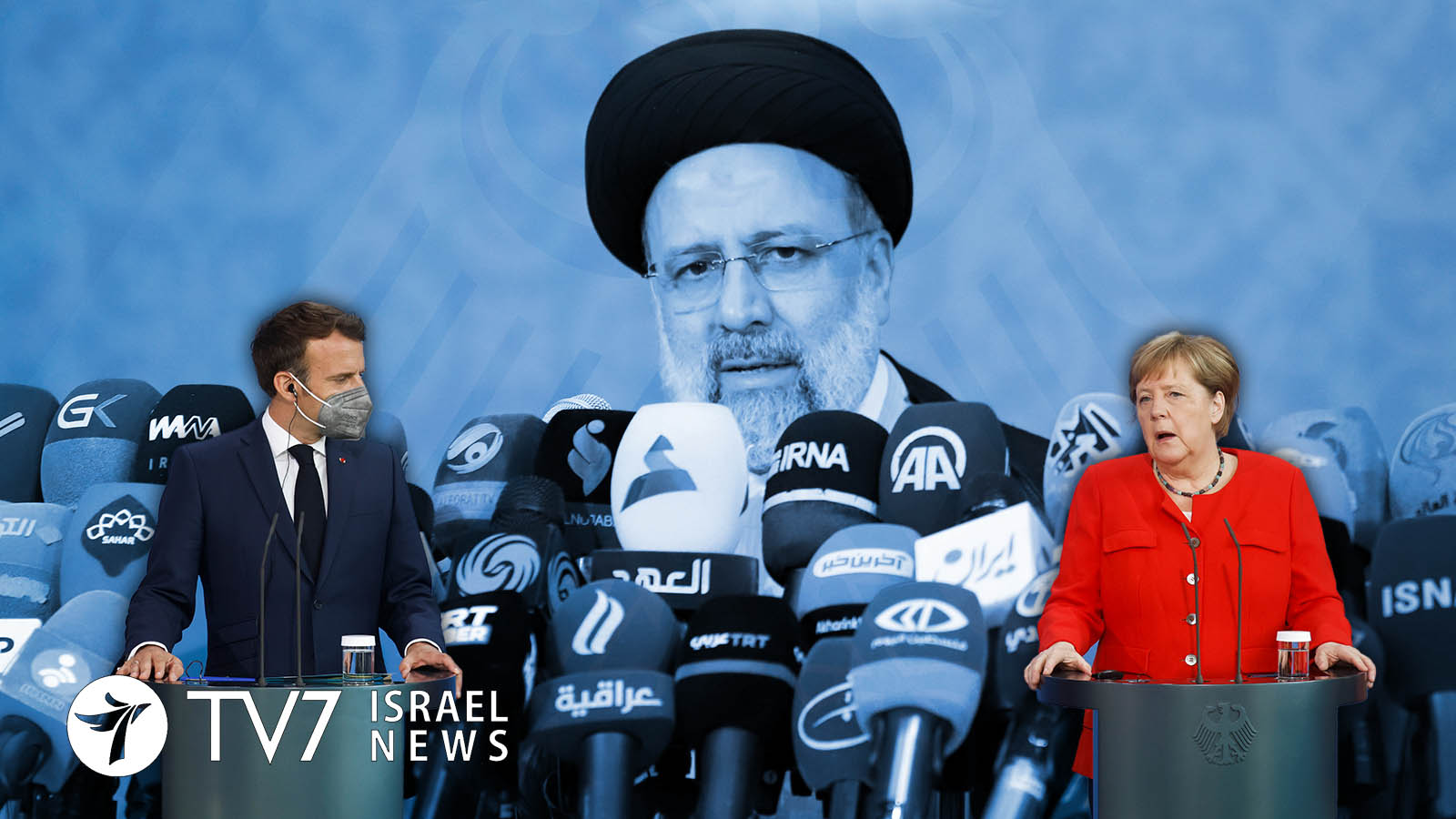France and Germany are calling on Iran to resume nuclear negotiations amid rising Western concerns over the expansion of atomic development in the Islamic Republic.
By Erin Viner
French Foreign Minister Jean-Yves Le Drian told his newly-appointed Iranian counterpart Hossein Amir-Abdollahian in a telephone call yesterday it is urgent for Tehran to return to the talks, according to a statement released by the French ministry.
“The Minister underlined the importance and the urgency of an immediate resumption of negotiations,” the foreign ministry stated. Le Drian also repeated his concern with regard to all the nuclear activities carried out by Iran in violation of the 2015 Joint Comprehensive Plan of Action (JCPOA) deal with world powers.
Talks between Iran and six powers began in Vienna in April to work toward returning Tehran and Washington to compliance with the JCPOA. After former United States President Donald Trump abandoned the pact and reimposed harsh sanctions on Tehran in 2018, Iran has gradually and openly violated limits imposed by the agreement.
The sixth round of the international Vienna negotiations adjourned in June after Ebrahim Raisi was elected Iranian president. The conservative leader, who was backed by the country’s Supreme Leader Ayatollah Ali Khamenei, took office on 5 August.
The next round of talks has yet to be scheduled.
Two senior Iranian officials told Reuters in July that the new Iranian President has planned to adopt “a harder line” in the talks.
Iranian Foreign Minister Amirabdollahian said on Monday the talks might resume in “two to three months,” although it remains unknown whether that apparent timeline began this week or when the new administration was inaugurated last month.
Germany earlier also raised pressure on Tehran.
“We vehemently ask Iran to return to the negotiating table constructively and as soon as possible. We are ready to do so, but the time window won’t be open indefinitely,” stated German Foreign Ministry Spokesperson Christofer Burger.
Asked where any discussions were taking place between Germany and Iran behind closed doors, the German Foreign Ministry Spokesman noted that there is close cooperation with France and Britain and also the United States – yet stopped short from unveiling any information over “confidential discussions” behind closed doors with the Ayatollah regime.
The “E3” nations of France, Germany and Britain voiced grave concern last month over fresh reports from the International Atomic Energy Agency (IAEA) that confirmed Iran has produced uranium metal enriched up to 20% fissile purity for the first time, and raised its production capacity of uranium enriched to 60%.
“Iran must halt activities in violation of the Joint Comprehensive Plan of Action without delay,” said the joint statement from the three foreign ministries on 19 August.
“We urge Iran to return to the negotiations in Vienna as soon as possible with a view to bringing them to a swift, successful conclusion. We have repeatedly stressed that time is on no-one’s side,” they added.
The accelerated enrichment was Iran’s latest undisputed breach of the 2015 nuclear deal, which capped the purity to which Tehran can refine uranium.
The US and its European allies have repeatedly stressed that such moves threaten talks on reviving the deal, which remains suspended.
Uranium metal can be used to make the core of a nuclear bomb.
Iran has accelerated its enrichment of uranium to near weapons-grade around 90% purity, which the United Nations atomic watchdog revealed on 17 August.
Iran increased the purity to which it is refining uranium to 60% from 20% in April in response to an explosion and power cut at its Natanz site that damaged output at the main underground enrichment plant there. Iran blamed the attack on Israel.
